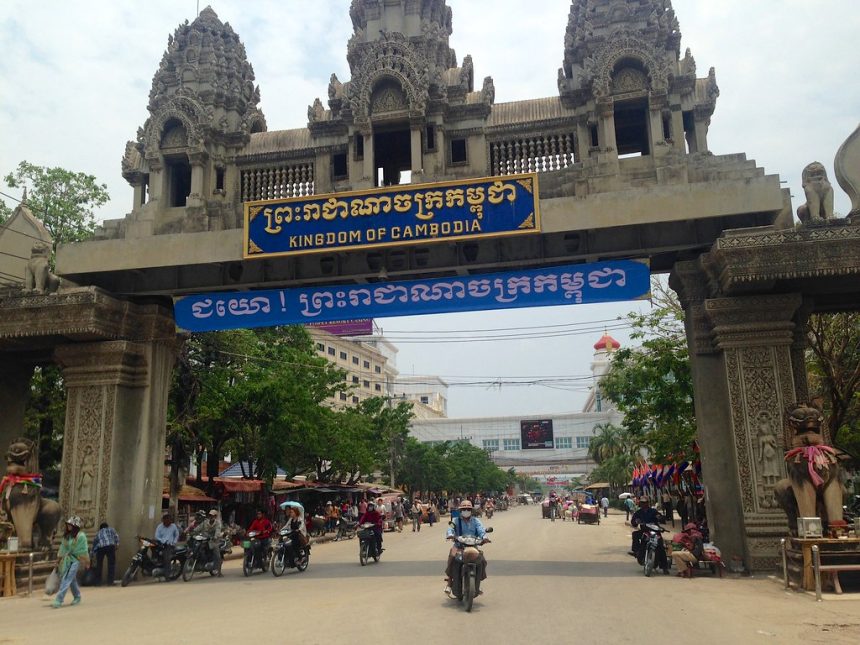Thailand’s military has closed nearly all land border checkpoints with Cambodia following a deadly skirmish in May. The move marks a significant deepening of diplomatic and security tensions between the two Southeast Asian neighbours.
Armed Clash Sparks Retaliation
Tensions escalated after a May 28 confrontation in a disputed border area resulted in the death of a Cambodian soldier. Both sides have since accused each other of crossing into contested territory. Despite a June 14 meeting of the Thailand–Cambodia Joint Boundary Commission aimed at easing tensions, the conflict endured.
Thailand Enacts Border Closures
On June 24, Thailand’s military announced a near-total closure of border crossings in seven provinces—Ubon Ratchathani, Surin, Buriram, Si Sa Ket, Sa Kaeo, Chanthaburi, and Trat. Only essential travel—for students, medical cases, and urgent matters—is still permitted. The government cited national security concerns, plans to counter cybercrime tied to camp-based scam centres in Cambodia, and efforts to regulate unchecked flows of goods and people.
Cambodia Responds with Countermeasures
Phnom Penh denounced the closures as a provocative escalation and retaliated by suspending Thai electricity, internet bandwidth, fuel, and gas imports—previously covering about 30% of its energy needs. Cambodian officials also imposed bans on Thai media while promising not to initiate border blocks unless provoked .
Political Repercussions in Bangkok
Prime Minister Paetongtarn Shinawatra faces mounting criticism from nationalists who view her response as insufficiently robust. A leaked phone call with Cambodian elder statesman Hun Sen, in which she made disparaging remarks about Thai military officials, triggered calls for her resignation.
Her office defended the calls as strategic diplomacy aimed at avoiding military escalation .
Disruption Across Border Communities
The closure has halted tourism, trade, and daily travel—impacting commerce, local economies, and families spanning both sides of the border. Meanwhile, Cambodia’s main opposition party is calling for stronger military and diplomatic measures to protect national sovereignty.
In the absence of clear diplomatic breakthroughs, both nations remain on edge. Future dialogue may hinge on foreign mediation or the International Court of Justice—though Thailand continues to favor bilateral resolution.
With strong nationalist pressure and mutual sanctions intensifying, the Cambodia–Thailand border crisis risks slipping from a skirmish into a broader regional conflict. Restoring stability will require more than military presence—it demands diplomatic tact and mutual concessions.











